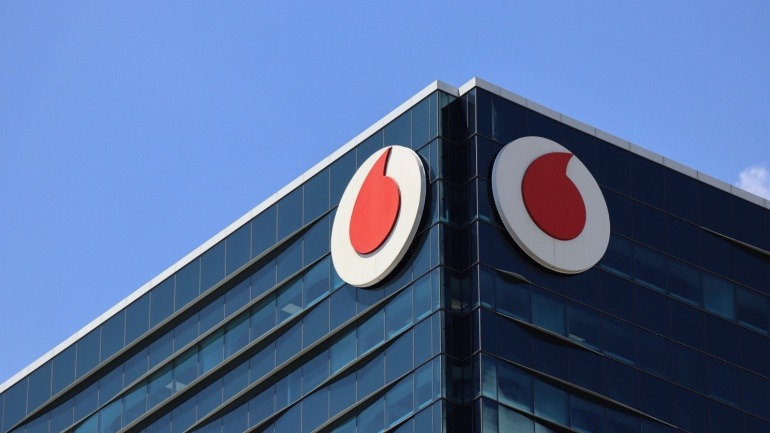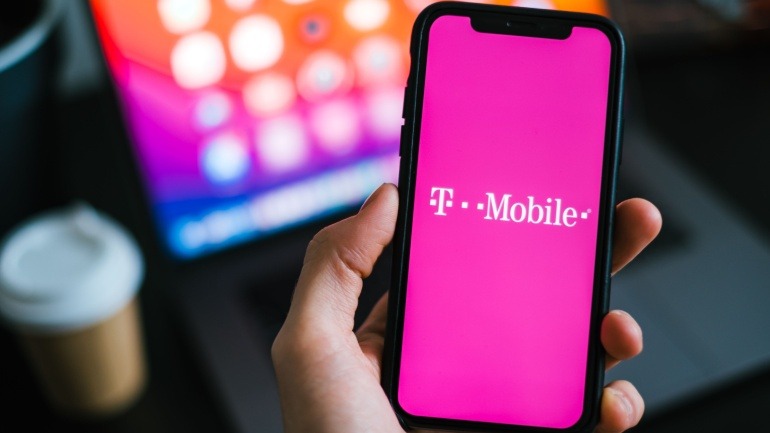As the Federal Communications Commission evaluates T-Mobile US’ proposed $4.4 billion acquisition of UScellular, UScellular executives have explained the necessity of merging with the telecom giant. They describe an increasingly challenging landscape where competition from national carriers and cable companies has intensified. This intense competition has led to a steady decrease in customer numbers despite promotional efforts.
UScellular’s market position is precarious. The company is the seventh-largest U.S. service provider, trailing behind cable behemoths like Comcast in terms of mobile connections. Reductions in subscriber numbers have only been exacerbated by the high costs of 5G spectrum acquisition. “UScellular took on significant debt to purchase the mid-band spectrum needed to compete in 5G,” the company explained to the FCC. The financial strain has affected their ability to invest in their network, leading to a vicious cycle: less investment translates to customer dissatisfaction, leading to further losses which, in turn, reduce available resources for network improvements.
Operating across part of the Midwest and West, UScellular battles geographic dispersion and scale disadvantages. The company has assessed alternatives but concluded that restructuring could not resolve these issues. Consequently, they believe a merger with T-Mobile US is the most viable path forward.
The deal promises to pivot UScellular’s focus towards becoming an infrastructure provider. If approved, T-Mobile intends to acquire approximately 30% of UScellular’s spectrum and proceed with long-term leases for more than 2,000 UScellular towers. T-Mobile US seeks to absorb the smaller carrier’s subscribers, operations, and network assets, excluding owned towers. The acquisition would enhance T-Mobile’s spectrum portfolio, incorporating UScellular’s 600 MHz, 2.5 GHz, and 24 GHz spectrum, among others.
UScellular, on the other hand, will retain ownership of around 4,400 towers, 70% of its spectrum, and equity in wireless partnerships, which generated $158 million last year. The company plans to “opportunistically monetize its remaining spectrum assets.” This strategic shift would solidify UScellular’s standing as the fifth largest tower company in the United States.







